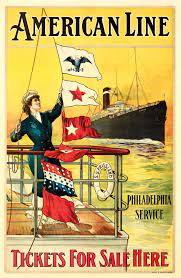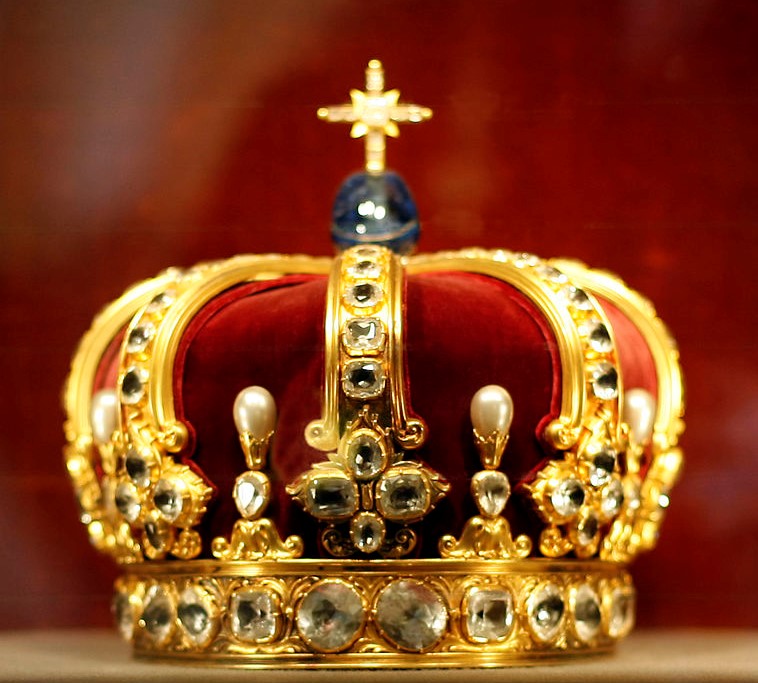The Montgomery County Historical Society (MCHS) is a 501(c)(3) corporation. The Society owns two buildings in Montgomery City that house an extensive genealogical library and a museum of artifacts and antiques. All research requests replies, building staffing/maintenance and website management are donated by volunteers.
If you like what you find here, please become a member and/or make a donation to help us continue our mission. We also welcome contributions of your own research, be it family history or documented historical articles that would interest other visitors.
Pioneer Days, a 96-page illustrated history of the County, has been well-received by both those new to our history as well as long-time residents.
Time to Pay Annual Dues!
 MCHS is exploring bids to heat and air condition the buildings so the library and museum are accessible (i.e. comfortable) throughout the year. Temperature control will also help protect and preserve the many artifacts and books. MCHS is exploring bids to heat and air condition the buildings so the library and museum are accessible (i.e. comfortable) throughout the year. Temperature control will also help protect and preserve the many artifacts and books.
The Society's main source of income is from membership dues and donations. Please be timely and generous to help MCHS preserve our history. Membership Application. We have been blessed with contributions from families honoring the founding members and thank them for their ongoing support. We remember MCHS founders with gratitude for their hard work and dedication.
Click here for the annual mailing and details about the presentation on 28 April. Return to Top of Page Outrages & Terrors – the King Boys (1880)
During the Civil War, bushwhackers made Montgomery County a terrifying place, as shared by Riggs in his diary. A prime location for cutting railroad ties, the southern part of the County again found itself terrorized, this time by the itinerant laborers known as “tie hackers.” In 1880, the King brothers preyed upon the Germans in Loutre township. By self-admission, the German wine turned them vicious. A story of rape, murder, and general despicable behavior was followed by the newspapers of the time.
The story is summarized and enhanced with genealogy information in this article. It includes details about the main characters’ later lives. MCHS is grateful to the volunteer who shared background research and asks readers “What can you share?”
We are reminded of the concept that “history repeats itself” as it reads like a TV crime series. There was a political element due to an apparent rivalry to determine which party had the most criminal members. The Democrat reporter took delight in pointing out that the King’s were Republicans. Click here for the full article.
Johann Bockting: A German Emigrant
 Last year, MCHS received a query from a German researcher about Johann Bockting who emigrated about 1851. A MCHS volunteer shared what we could find from local and online resources. He married Elizabeth Wickers at St. Martin’s in 1855. Johann, his wife and a daughter were buried at Starkenburg. Last year, MCHS received a query from a German researcher about Johann Bockting who emigrated about 1851. A MCHS volunteer shared what we could find from local and online resources. He married Elizabeth Wickers at St. Martin’s in 1855. Johann, his wife and a daughter were buried at Starkenburg.
Mr. Gossens' original question was the location of the residence of Johann Bockting, which we were unable to answer. If any reader has information to share with our German colleague, please email webmaster@mchsco.org, so we Americans can “return the favor.”
County Officials
Thanks to volunteers for compiling extensive lists of Montgomery County Officials. Most lists are scanned and found under Museum & Library > Research Documents > County Officials. Some include short bios.
Prussian Immigrants & Letters Home
Much has been written to answer “Why emigrate from Germany?” The common reply is “avoidance of military conscription,” but that is far too simplistic. Recall that the first arrival of Nordrhein-Westfalen immigrants into Loutre was in 1845. More appropriate responses to “Why?” include these historical facts, further explained in Modern Prussian History:
- Population growth in Prussia (58% between 1816 and 1849); recall there was no “Germany” until 1871 (1850 map)
- Bad weather and crop failures; 1845-47 are called “the hunger years”

- Industrialization and cheap British imports replaced the handicraft home-based production; impoverishing the weavers in Nordrhein-Westfalen
- Conflicts regarding land use; aristocratic and bourgeoisie ownership
- Mass poverty and “pauperism” due to all of the above
- Disenchantment with the promised reforms of Frederick Wilhelm IV, King of Prussia, whose reign began in 1840
If such "personalized history" appeals to you, also consider Our Daily Bread, German Village LIfe by Teva Scheer, to better understand the challenges our ancestors faced and feel what it was like to live (and starve to death) in the German states prior to 1850.
Thanks to a member for sharing this article. If a reader has additional information regarding source or references, please share with the webmaster. If your personal files include such letters home (or similar treasures) please share a copy with MCHS.
|
|
July 27
MCHS Board Meeting
The MCHS Board meets monthly on the fourth Saturday at the MCHS building.
|
|
August 15
Old Threshers Annual Show
Experience the “Way it Was” with antique farm machinery, flea market, games, food, antique cars, music, and more. Click here for more info. ...
|
|
August 20
Declaration of Independence Signed
Formal signing of the US Declaration of Independence by 56 people (date most accepted by modern historians)
|
|
August 24
MCHS Board Meeting
The MCHS Board meets monthly on the fourth Saturday at the MCHS building.
|
|
September 11
911 Remembrance
In 2001, Islamic al-Qaeda militants hijacked four planes and killed thousands.
|
|